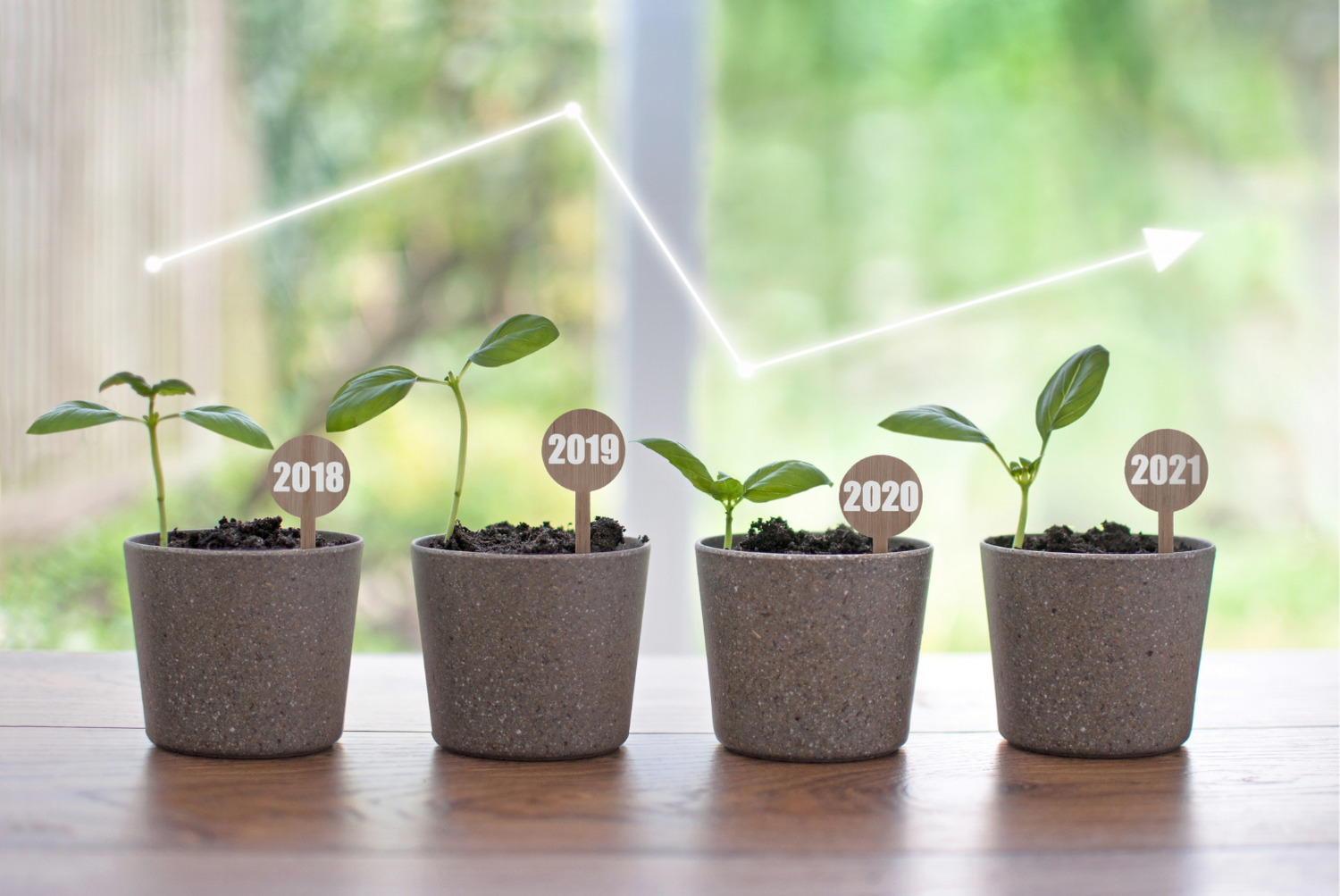
If you've spent any time at all investing for the future, then you already know that watching trends is an important part of the process. Knowing when to buy or sell stocks has been described as both a science and an art form. But what about newer investment opportunities, such as farmland investing? We watch those trends as well at FarmCek!
Here are some of the top farm investment trends to consider as we head into 2021:
As of 2020, bond yields are the lowest they have been in recorded history. In most cases, the yields are not even coming close to keeping up with inflation. The federal reserve slashed rates to near zero in 2020 due to the global pandemic, making them an even more unattractive option.
Meanwhile, zero-fee trading apps on smart phones have created a flood of new investors on the stock market. This has generated a lot of very real fears among long-term investors that new, unforeseen bubbles are being created in various industries, at a historic moment when the stock markets are incredibly volatile.
A flooded stock market, combined with record-low bond yields, has seasoned investors looking for alternative investment opportunities. This includes the new agriculture crowdfunding market!
In the days before crowdfunding became a "thing," the only entities that could afford to invest in farmland were large, institutional brokerages or very high net worth individuals. Those days are over, thanks to the FarmCek model.
Smaller investors can now directly invest in farmland opportunities through farmland, without having to get their hands or knees dirty through directly running a farm. (Not that there's anything wrong with that! We grew up on family farms!)
It has literally never been easier to own a piece of farmland and enjoy the fruits of your investment, thanks to our crowdfunding model.
Numerous smaller farms consolidating into fewer big farms is not a "new" trend coming in 2021, but it is a trend that's expected to accelerate. Some agricultural commodity prices have been weak for the past few years, which puts larger farming operations at a bigger advantage.
This has to do with operating costs. Buying seed, for example, can be done much more cheaply at bulk. A larger consolidated farm can trim its operating costs by buying seed in bulk, which is an advantage that a smaller operation simply can't compete with.
You might think that consolidation creates fewer investment opportunities, but that is simply not the case with a crowdfunding model! A bigger consolidation actually creates more investment opportunities under a crowdfunding model, at a lower initial offering cost. This trend makes the crowdfunding model even more efficient and creates a broader range of opportunities for all types of investors.
The thought of operating a farm almost has a stigma attached to it for people who have grown up in a more urban setting. But as the disadvantages of the urban lifestyle are becoming obvious during the coronavirus pandemic, more people are thinking about rural investment opportunities.
A US Department of Agriculture report from 2016 found that about 30 percent of farmland in America is now owned by non-operator landlords, i.e., large investors who had put a stake into rural farming operations.
What's the big difference between 2016 and 2021? The crowdfunding model means that more people can now experience the joy of owning a piece of farmland, without needing to know how to run a tractor or a grain elevator!
Gain access NOW to unique, high profit potential farmland investment opportunities. Contact us with any questions you may have about investment opportunities in farmland, or call us directly at 559-380-5492!